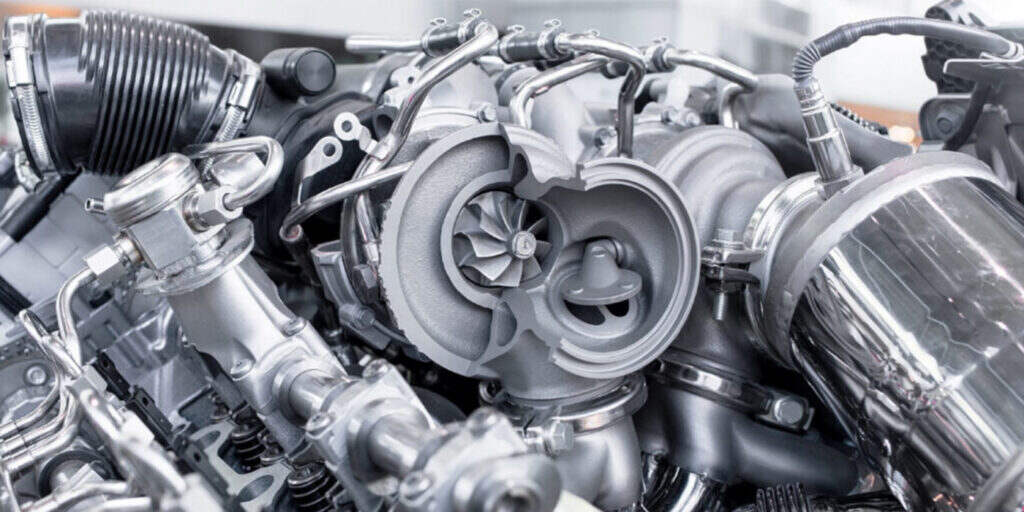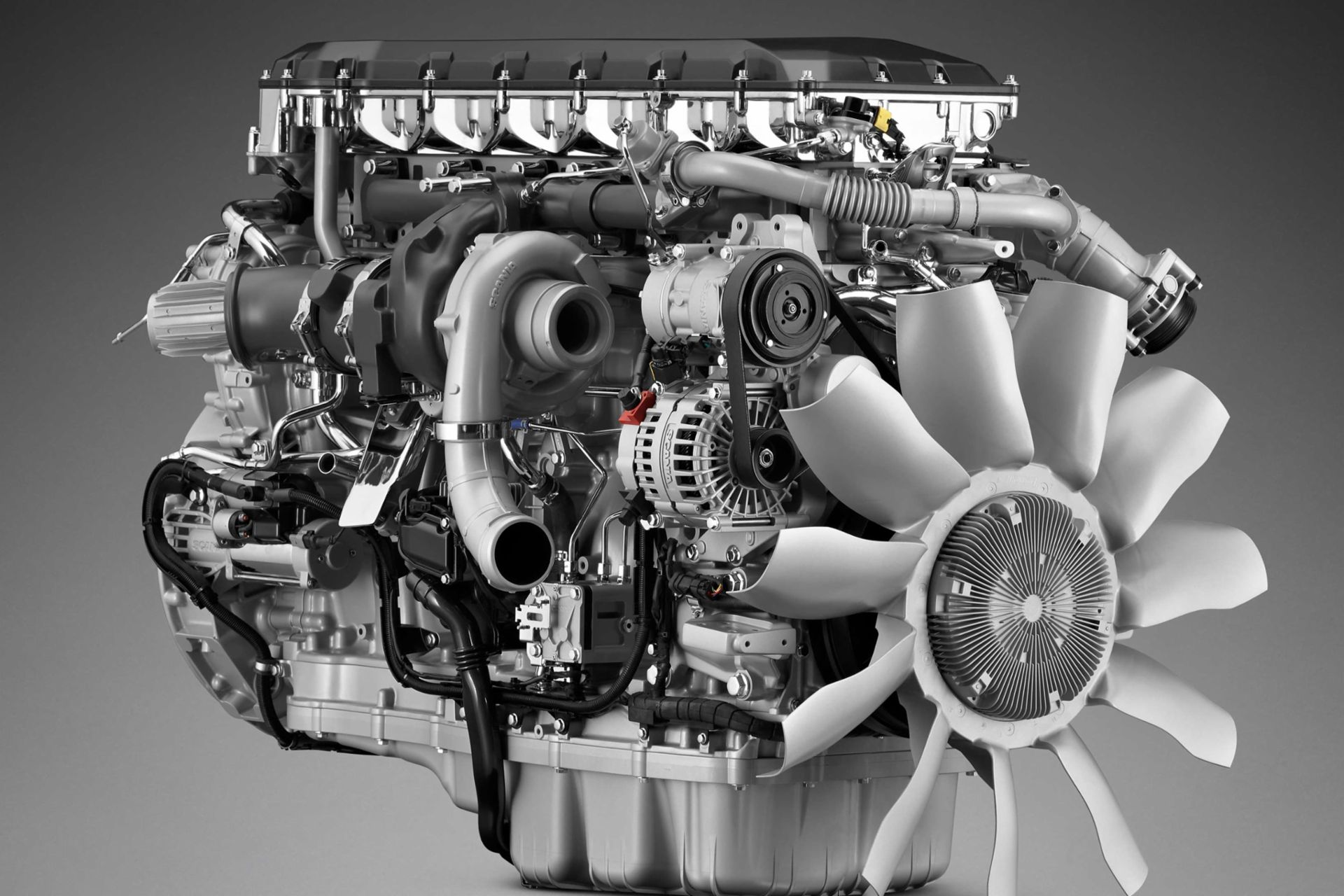The Impact of Innovative Engine Technologies on Power Effectiveness and Environmental Sustainability
In the world of transport and commercial machinery, the constant quest for improved energy efficiency and reduced ecological influence has actually led to considerable improvements in engine innovations. From the gradual shift towards hybrid and electric systems to the integration of turbocharging for improved efficiency, the landscape of engines is evolving swiftly.
Development of Engine Technologies
The development of engine modern technologies over the years has been marked by continuous advancement and improvement in pursuit of enhanced performance and efficiency. From the very early days of interior combustion engines to the innovative hybrid and electrical powertrains these days, the evolution of engine modern technologies has been driven by an unrelenting pursuit for enhanced fuel effectiveness and reduced exhausts.
One substantial milestone in this advancement was the development of turbocharging and direct injection systems, which dramatically increased engine power result while enhancing gas effectiveness. These technologies permitted smaller, more lightweight engines that can supply the performance of bigger ones without compromising on effectiveness.
Additionally, developments in materials scientific research have actually resulted in the prevalent adoption of lightweight materials such as light weight aluminum and carbon fiber in engine building and construction. This has not only lowered overall automobile weight yet has additionally boosted engine effectiveness by lessening power losses connected with inertia and rubbing.
Advantages of Electric and Hybrid Solutions
With the growing focus on sustainability and energy effectiveness, what advantages do electrical and hybrid systems provide in the realm of engine innovations? Furthermore, electric and hybrid systems are a lot more energy-efficient, converting a higher percent of saved energy right into propulsion contrasted to conventional engines. Hybrid systems combine the advantages of electrical propulsion with the adaptability of a combustion engine, providing extended decreasing and driving ranges range stress and anxiety for consumers transitioning to electrical cars.
Turbocharging for Improved Effectiveness
Turbocharging jobs by making use of a wind turbine to require more air right into the burning chamber, allowing for much better fuel combustion and increased power result without a substantial increase in engine dimension. By making best use of the effectiveness of the combustion procedure, turbocharged engines can achieve better fuel economic situation and minimized discharges, contributing to ecological sustainability. The widespread adoption of turbocharged engines in both fuel and diesel cars shows their efficiency in balancing efficiency, effectiveness, and environmental impact.
Harnessing Different Fuels
Using different fuels offers a promising method for decreasing carbon exhausts and diversifying the power sources utilized in transport. As the globe strives to deal with climate modification and reduce dependency on nonrenewable fuel sources, different gas have acquired considerable focus for their potential environmental and economic advantages.
Biofuels, such as ethanol and biodiesel, are stemmed from renewable sources like corn, algae, and sugarcane, supplying a cleaner burning alternative to standard fuel and diesel. These fuels can be combined with existing petroleum fuels or made use of in specialized engines, giving a pathway to reduced greenhouse gas exhausts and enhance air quality.
Furthermore, hydrogen gas cells have actually arised as an encouraging technology for zero-emission transportation. engines for africa. By converting hydrogen gas into electricity to power electrical motors, fuel cell lorries create only water vapor as a result, removing harmful tailpipe emissions entirely
In enhancement to minimizing carbon discharges, alternate gas can likewise improve energy security by expanding the gas mix and minimizing reliance on imported oil. Embracing different fuels in transportation is an essential step in the direction of accomplishing an extra lasting and ecologically friendly future.

Ecological Benefits and Future Prospects
Different fuels, such as biofuels, hydrogen, and electrical energy, deal significant ecological visit this website benefits compared to conventional fossil gas. In addition, different gas can aid expand energy resources, improving power security and lowering reliance on finite resources.
The future potential customers for different fuels in the transportation industry are appealing. Innovations in modern technology proceed to improve the effectiveness and cost of alternate fuel cars, making them more obtainable to customers. Federal governments worldwide are likewise applying plans to incentivize the fostering of alternate fuels, further driving their growth. As research and development initiatives increase, the capacity for also greener and a lot more sustainable fuel alternatives raises, leading the means for a cleaner and extra eco pleasant transportation industry. By accepting alternative gas and cutting-edge modern technologies, the course in the direction of a much more sustainable future comes to be increasingly attainable.

Verdict
In final thought, cutting-edge engine technologies have played an important function in boosting energy efficiency and promoting environmental sustainability. The evolution of engine innovations, adoption of electrical and hybrid systems, utilization of turbocharging, and exploration of alternative fuels have all added to reducing emissions and enhancing performance.
In the world of transport and commercial machinery, the continuous pursuit for improved power performance and decreased ecological impact has led to considerable developments in engine modern technologies. Turbocharging works by utilizing a turbine to force Get More Information more air right into the combustion chamber, permitting for far better fuel burning and increased power output without a considerable boost in engine dimension. By optimizing the performance of the burning process, turbocharged engines can accomplish better gas economy and decreased discharges, adding to environmental sustainability. Alternate gas, such as biofuels, hydrogen, and power, deal significant ecological advantages contrasted to conventional fossil fuels. The development of engine modern technologies, adoption of hybrid and electric systems, utilization of more information turbocharging, and expedition of alternative gas have all contributed to reducing discharges and enhancing effectiveness.